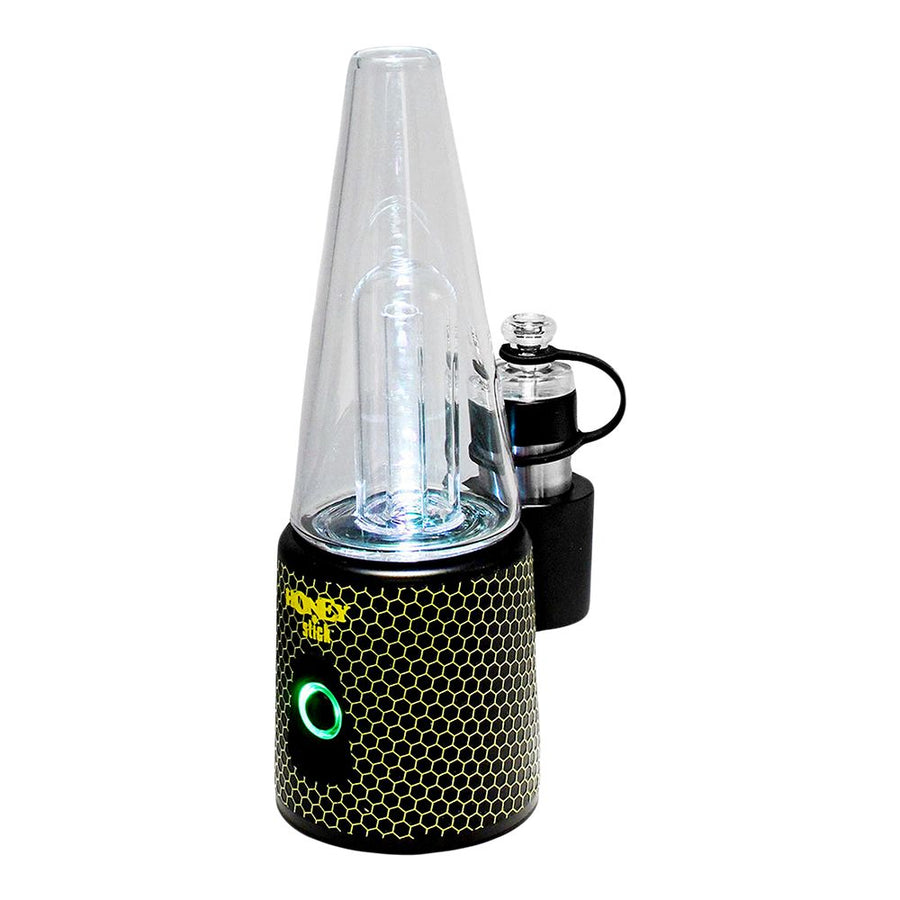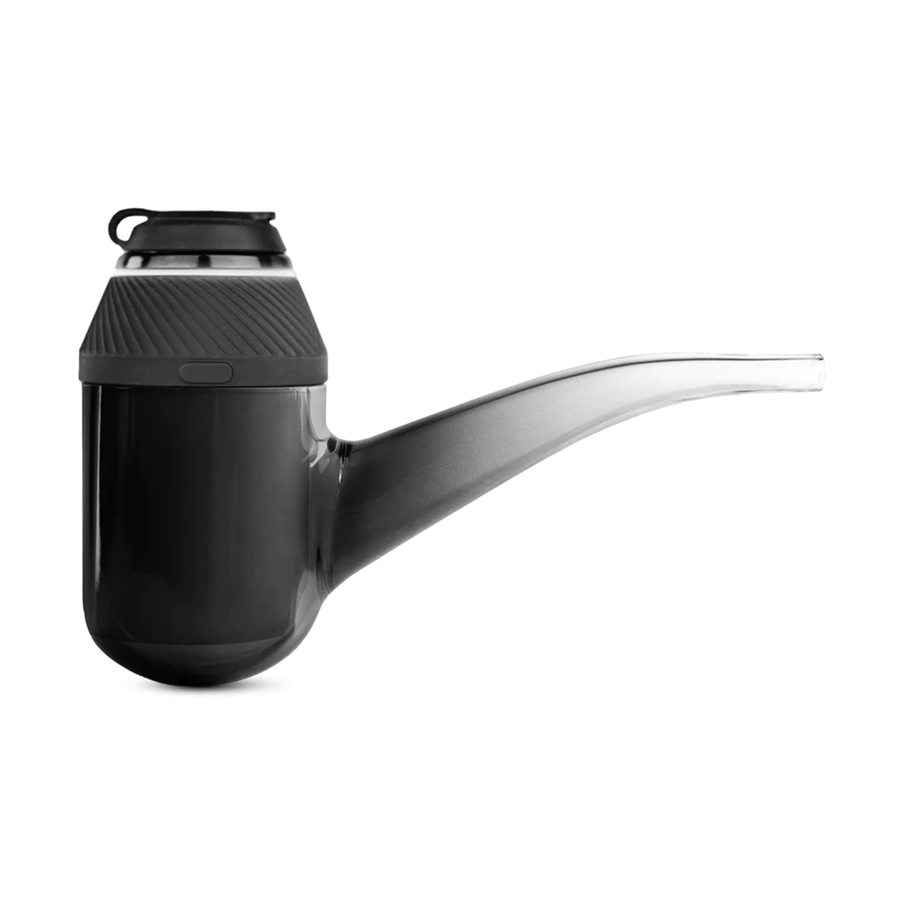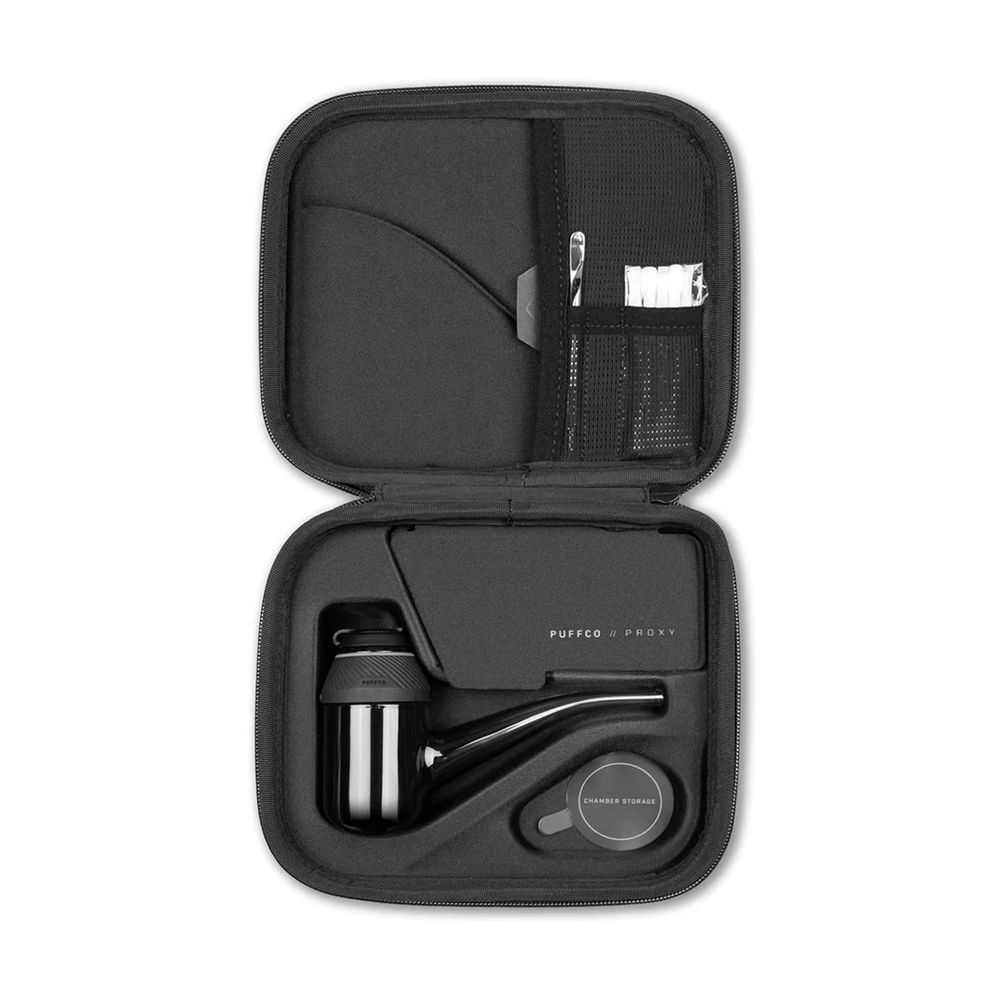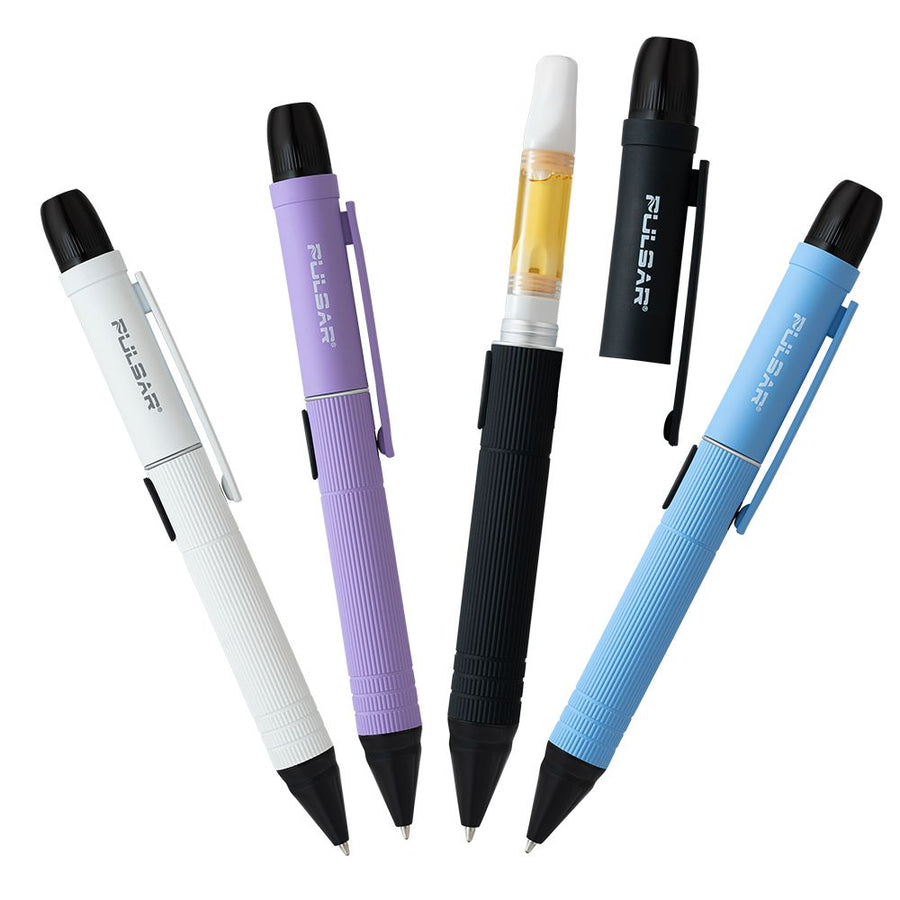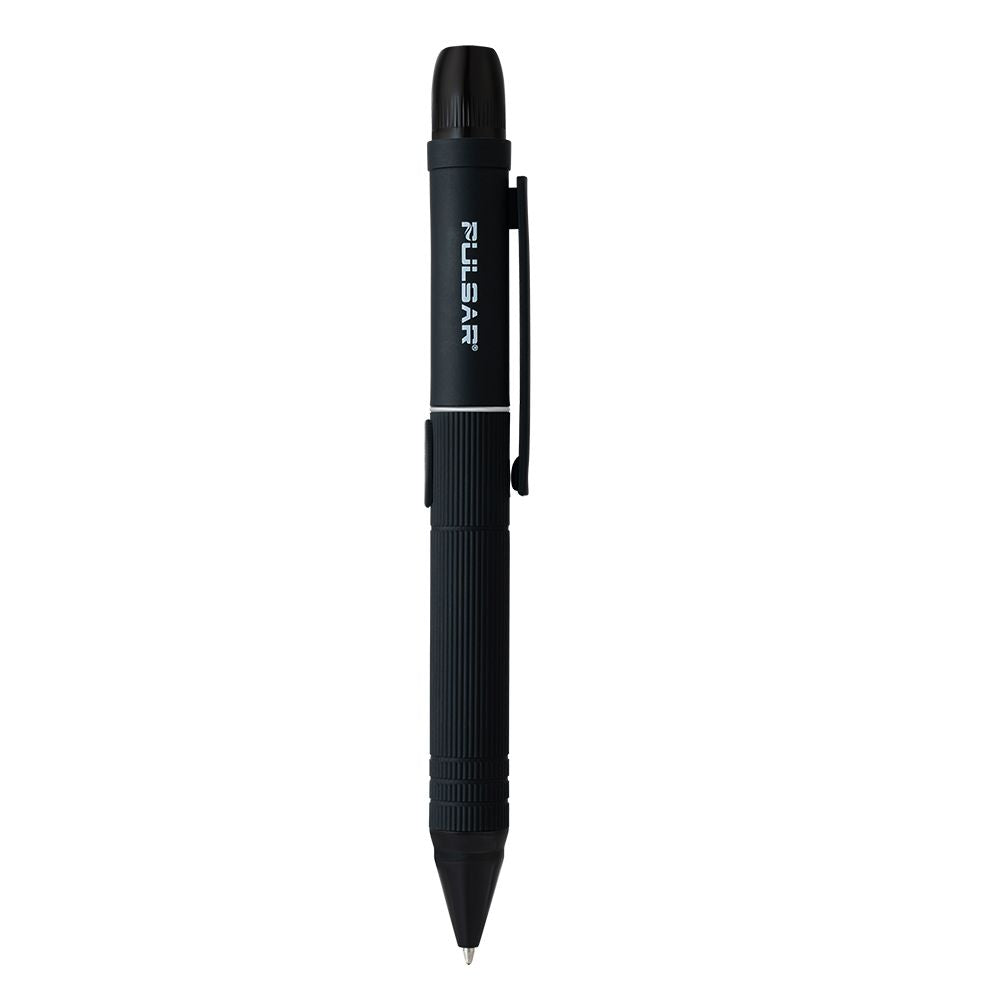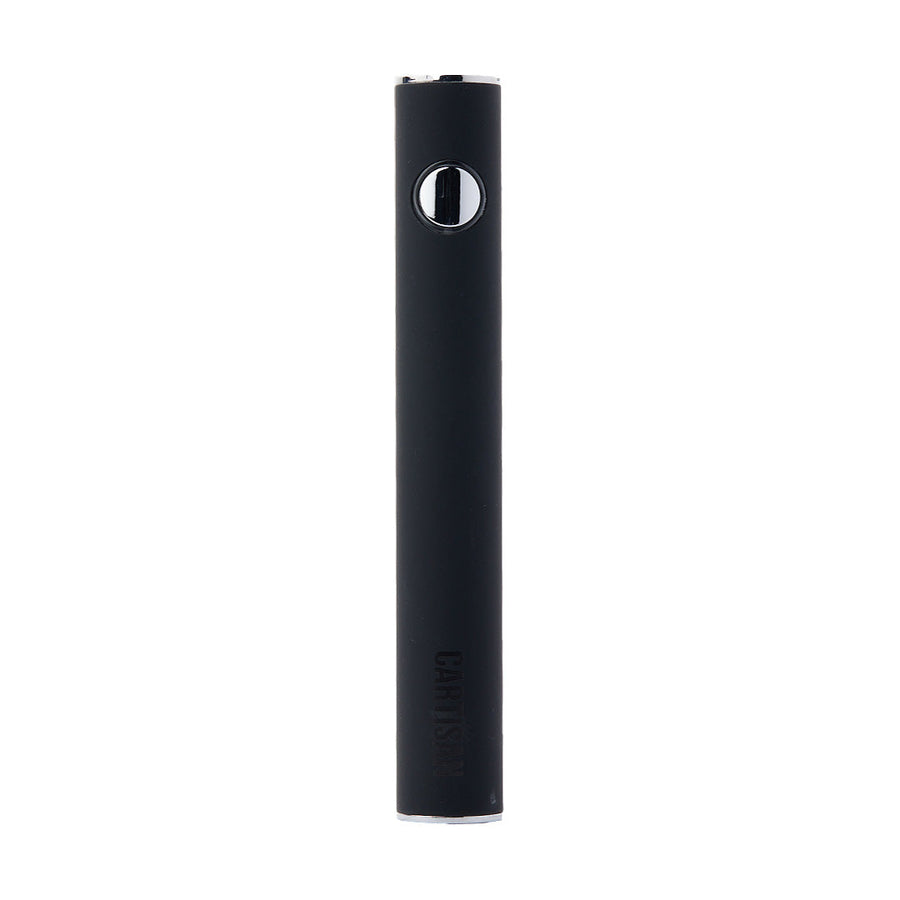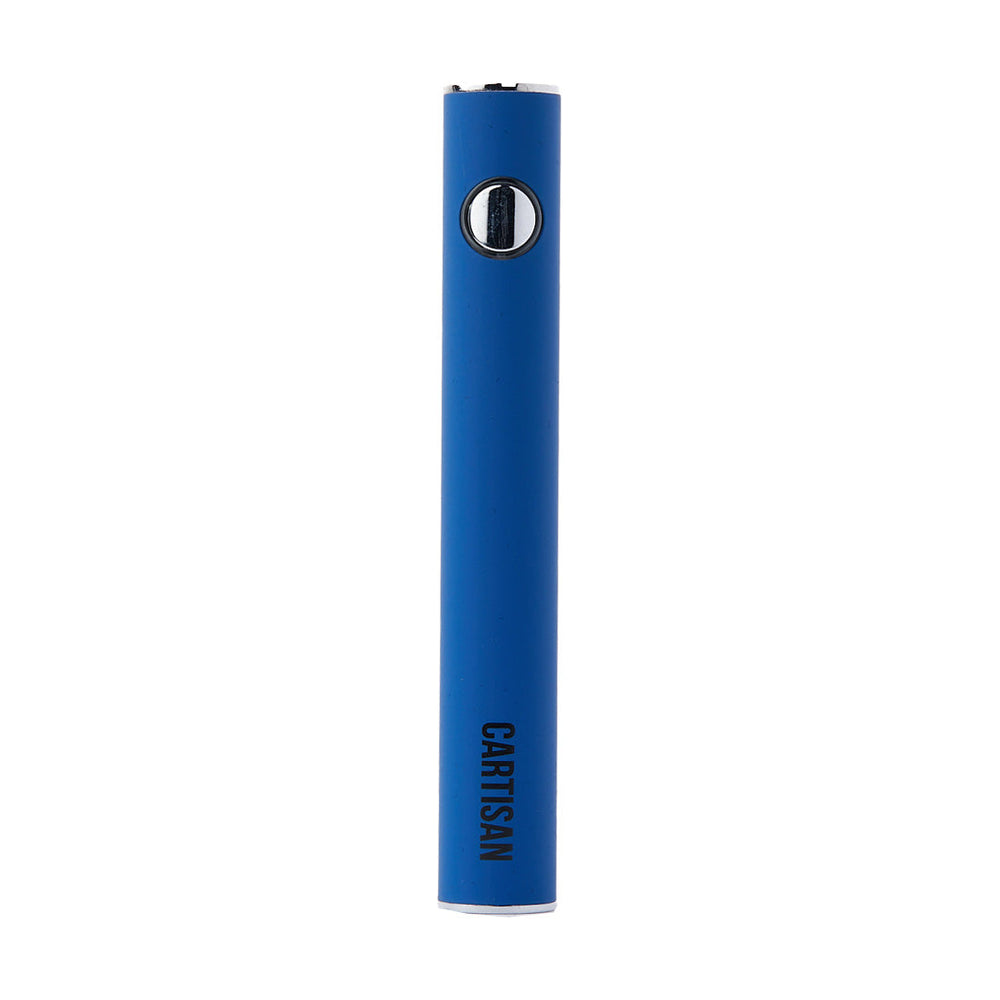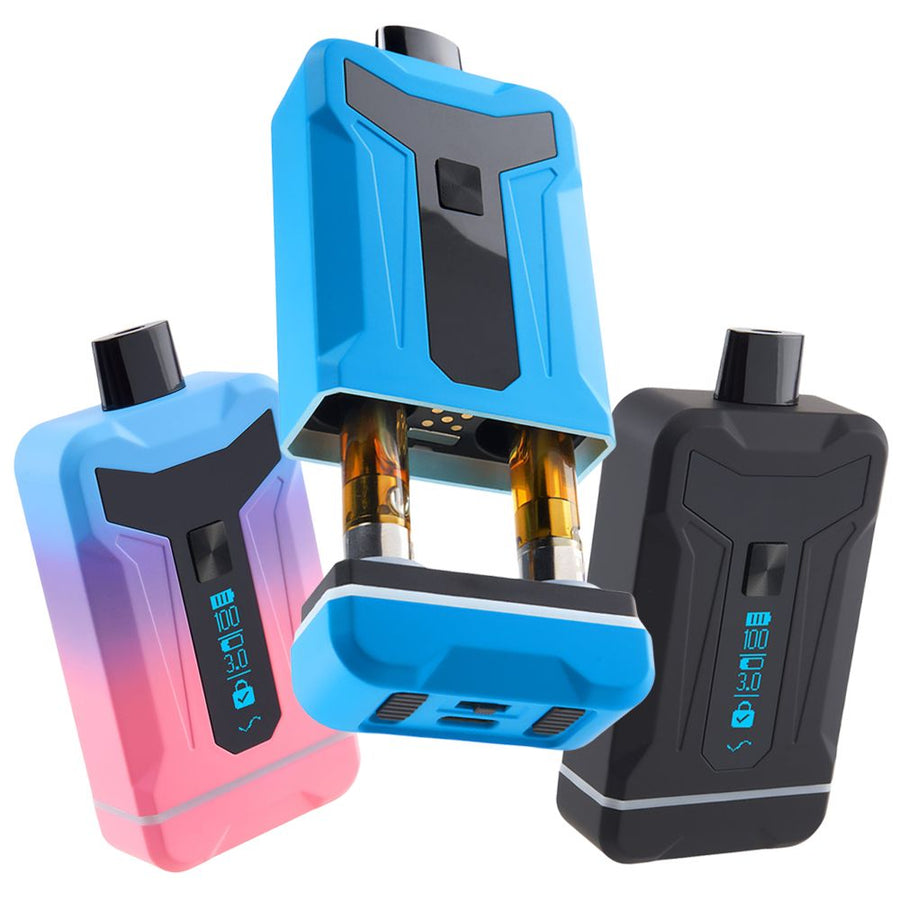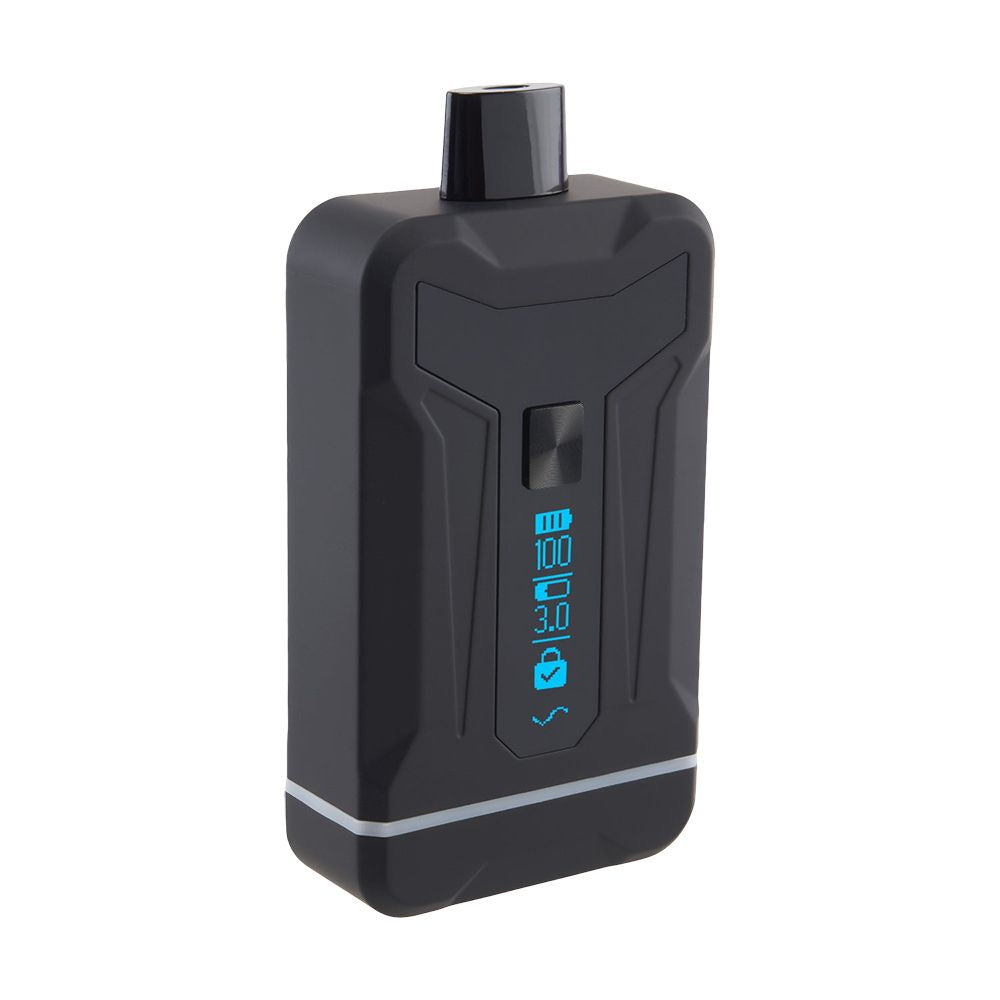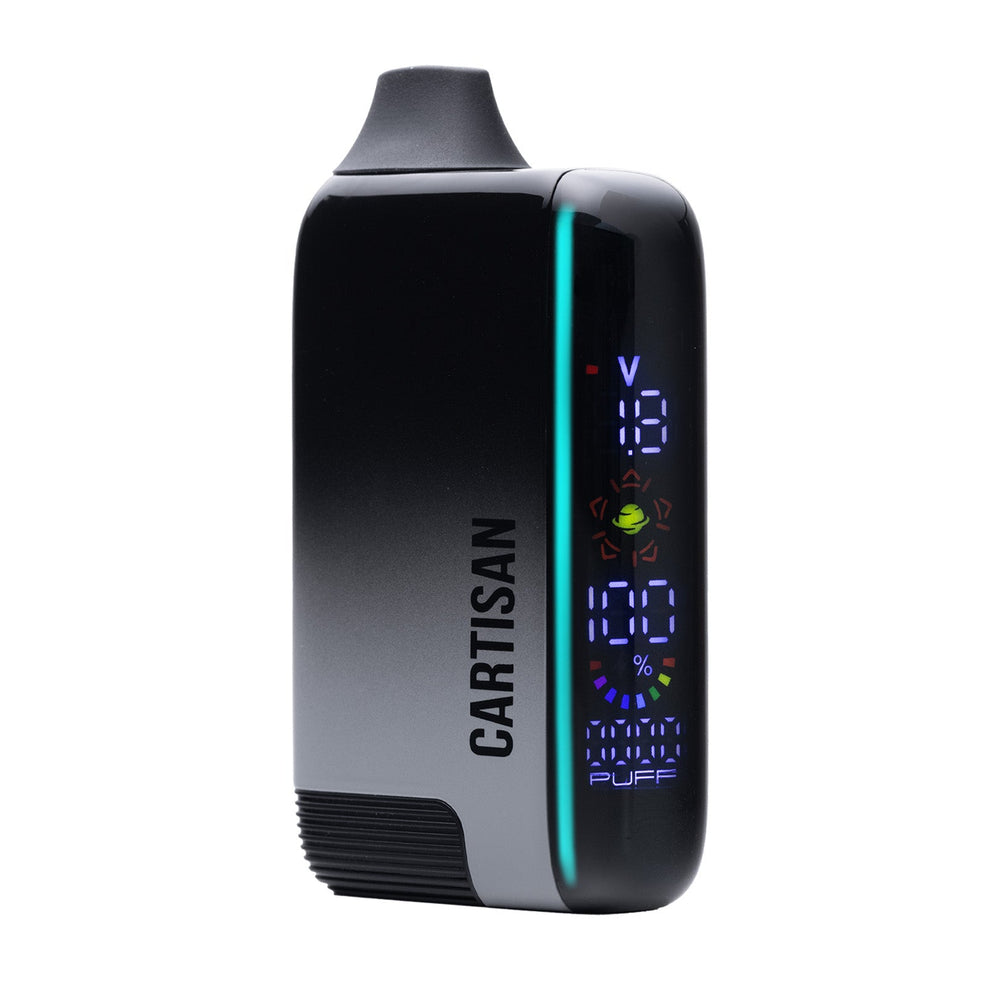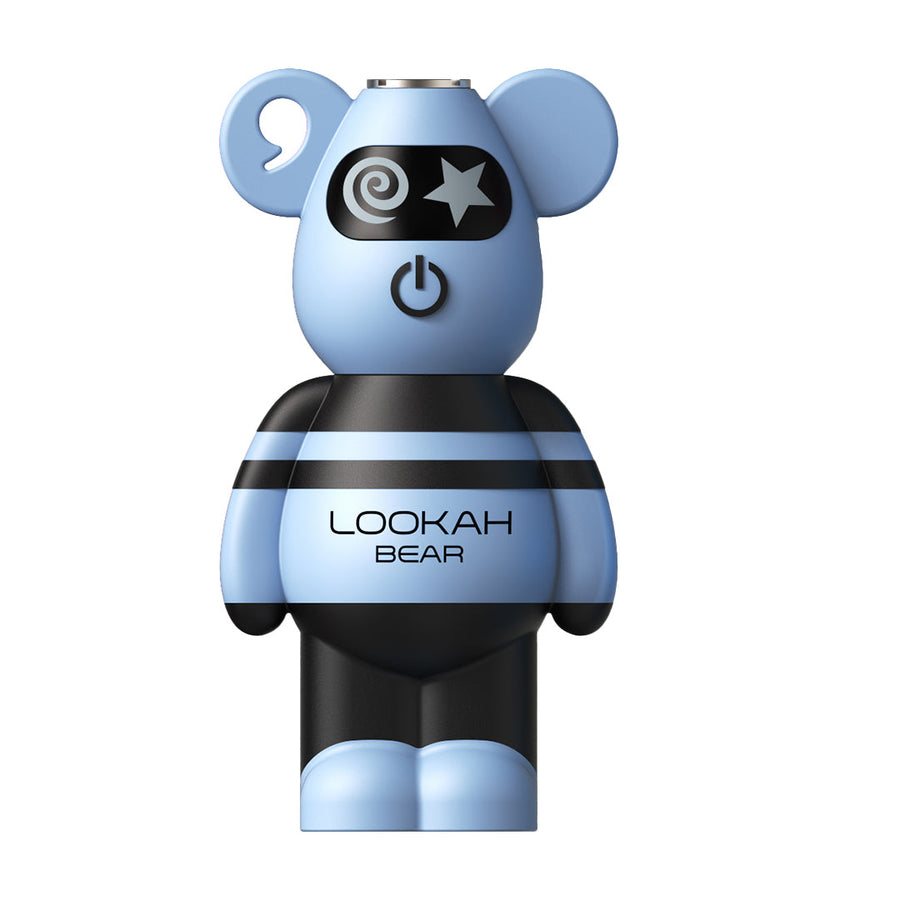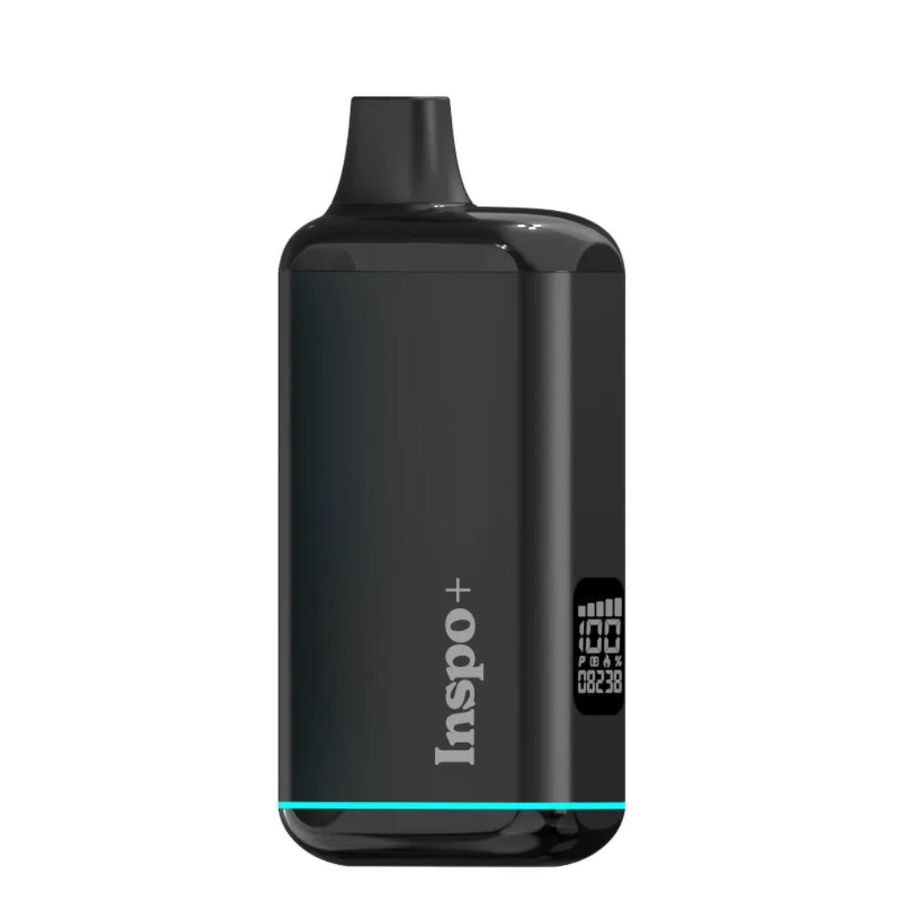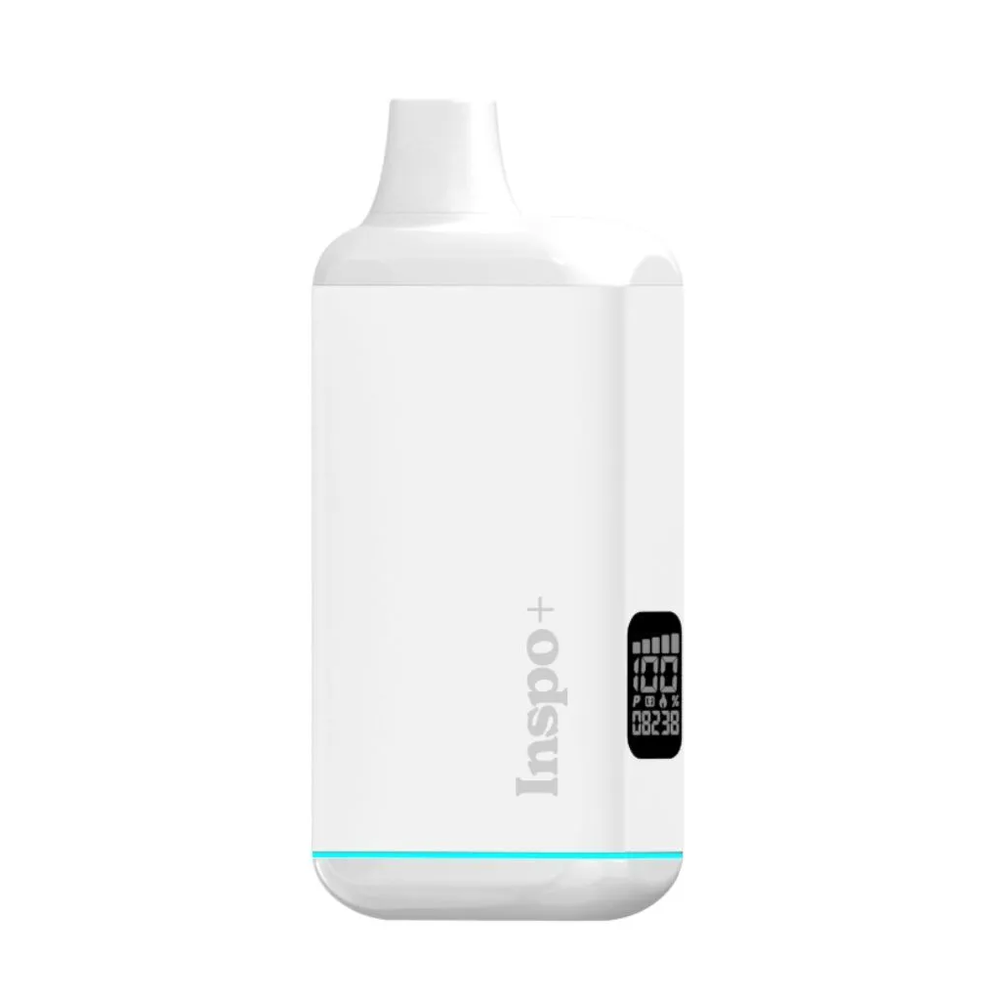When Can I Vape After Wisdom Teeth Removal: A Guide to Safe Recovery

Having your wisdom teeth removed is a significant step toward better oral health. Yet, many vape users wonder when they can safely return to vaping after this dental surgery. It's a common concern, especially considering the impact of smoking on oral healing processes.
One key fact to keep in mind is that vaping, much like traditional smoking, can potentially delay the recovery time after wisdom tooth removal due to its effect on wound healing.
This blog post will guide you through a safe and healthy recovery process after your wisdom teeth extraction. We'll explore the risks of vaping too soon and offer alternative nicotine management strategies to support your journey back to health.
By following dentist-recommended post-surgery care practices, including avoiding tobacco use during the critical initial days, you can pave the way for smoother and quicker healing.
Stick around for helpful insights into making your recovery as comfortable as possible.
The Effects of Smoking and Vaping After Wisdom Teeth Removal
Smoking and vaping can hinder the healing process after wisdom teeth removal and increase the risk of developing dry socket. adhering to post-surgery instructions and avoiding smoking or vaping are crucial for a healthy recovery.
Impact on Healing
Vaping after wisdom teeth removal affects your healing process. The heat and chemicals from the vapor can harm the delicate tissues in your mouth, leading to slower recovery times.
Dentists recommend avoiding tobacco products, including vapes, after oral surgery to ensure a smooth and faster healing journey.
Vaping can significantly delay the healing process after dental procedures. This practice increases your risk for complications like infections since it hinders blood flow necessary for tissue repair. Following dentist's recommendations for post-surgery smoking can greatly improve oral health outcomes during recovery.
Risk of Dry Socket
After wisdom teeth removal, the risk of dry socket is increased by smoking or vaping. Dry socket occurs when the blood clot at the extraction site dislodges, exposing nerves and bone to air, food particles, and bacteria.
27% of smokers develop dry socket compared to only 12% of non-smokers after tooth extraction. Therefore, avoiding smoking or vaping for at least 72 hours post-surgery significantly reduces this risk.
For vape users particularly, it's crucial to comprehend that nicotine restriction is imperative during the initial healing period following wisdom teeth removal. Smoking any tobacco product or using e-cigarettes can hinder your recovery as it delays the formation of a protective blood clot in the surgical site.
This could potentially lead to heightened pain and complications. Thus, refraining from vaping aligns with ensuring a smooth healing process after dental surgery.
Recovery Tips for a Safe and Healthy Healing Process
Follow post-surgery instructions to speed up healing. Avoid smoking and vaping for a healthy recovery.
Follow Post-Surgery Instructions
After wisdom teeth removal, it's critical to adhere to your dentist's post-surgery instructions for optimal recovery. These guidelines are designed to promote healing and reduce the risk of complications such as dry socket.
Compliance with these directions can significantly impact your recovery time and overall oral health. The intricacies of dental surgery demand precision in post-operative care, so following your dentist’s tailored aftercare advice is essential.
Your commitment to following post-surgery instructions can accelerate the healing process, minimize discomfort, and prevent potential complications. Clear communication between you and your dental team regarding these instructions is crucial for a smooth recovery period.
Tobacco use after tooth extraction can impede proper healing; hence it's imperative to strictly adhere to the recommendations provided by your dentist.
Avoid Smoking and Vaping
Following post-surgery instructions is crucial for a smooth recovery after wisdom teeth removal. It's essential to avoid smoking and vaping during this time to prevent complications like dry socket, which can significantly delay healing and cause discomfort.
Tobacco use can also increase the risk of infection, so it's important to steer clear of smoking and vaping to promote proper healing.
Dental surgery and tobacco products don't mix well, as they can impede the body's natural healing processes. Instead, consider alternative nicotine management strategies if you're a vape user, in order to support your recovery without compromising your oral health.
Taking these precautions will contribute to a safe and healthy recovery period after wisdom tooth removal.
Consider Alternative Nicotine Management Strategies
After wisdom teeth removal, explore alternative nicotine management strategies to support your recovery. Using nicotine patches or gum can help you to avoid the harmful effects of smoking and vaping on oral surgery healing.
These methods provide a safer way to manage nicotine cravings during the crucial recovery period after dental surgery. Embracing these alternatives aligns with dentist's recommendations for post-surgery care and ensures a healthy healing process.
When it comes to managing nicotine intake after wisdom teeth removal, consider using patches or gum as an alternative to smoking and vaping. These options support your recovery while addressing nicotine cravings in a safer manner.
Potential Risks of Vaping After Tooth Extraction
Vaping after tooth extraction can increase the risk of developing dry socket, a painful condition where the blood clot that forms after the extraction dislodges, exposing the underlying bone and nerves.
This can lead to severe pain and delayed healing. Additionally, the heat and chemicals from vaping devices can irritate the surgical site, leading to inflammation and potential infection.
Studies have shown that nicotine from vaping can constrict blood vessels, reducing blood flow to the gums and impeding the healing process. It's crucial to avoid vaping during the initial recovery period to minimize these risks and promote proper healing.
Furthermore, vaping introduces foreign substances into your mouth which may interfere with blood clot formation and increase the likelihood of complications. The aerosol particles inhaled while vaping could also potentially disrupt the delicate balance needed for optimal post-extraction healing.
By avoiding vaping during this critical recovery phase, you give your body its best chance at a smooth recuperation without unnecessary obstacles or setbacks related to oral health issues stemming from vaping after dental surgery.
Conclusion
As you navigate through your recovery after wisdom teeth removal, remember to avoid vaping for a safe and healthy healing process. Follow the post-surgery instructions meticulously to ensure efficient recovery.
By avoiding smoking and vaping, you can significantly lower the risk of complications such as dry socket. These practical tips are designed to enhance your recovery journey by prioritizing your oral health.
Taking active steps towards tobacco cessation before surgery underpins the importance of this topic in promoting successful healing. Consider alternative nicotine management strategies and embark on a journey towards improved oral health.
FAQs
1. When can I start vaping after wisdom teeth removal?
You can vape after wisdom teeth removal, but it's best to wait until your dentist gives the green light. Delaying smoking helps the healing process and recovery time.
2. What are the risks of vaping or smoking after dental surgery?
Vaping or smoking after dental surgery increases the risk of dry socket and other complications. Tobacco use impacts oral health and may delay recovery after tooth extraction.
3. How does tobacco cessation before surgery help with my oral surgery recovery?
Quitting tobacco before surgery reduces risks associated with postoperative care for smokers, contributing to a safer and quicker healing process after tooth extraction.
4. What precautions should be taken for post-surgery oral care if I'm a smoker?
Avoiding smoking immediately following dental procedures is crucial as it affects your oral health negatively and slows down your dental surgery recovery period.
5. Does my dentist have specific recommendations for post-surgery smoking?
Yes, dentists often recommend avoiding all forms of tobacco use including vaping during the recovery period to ensure safe practices for oral surgery recovery.
6.What's the impact of tobacco use on my overall oral health?
Tobacco products harm not only your general oral health but also affect how well you recover from surgeries like wisdom teeth removal.


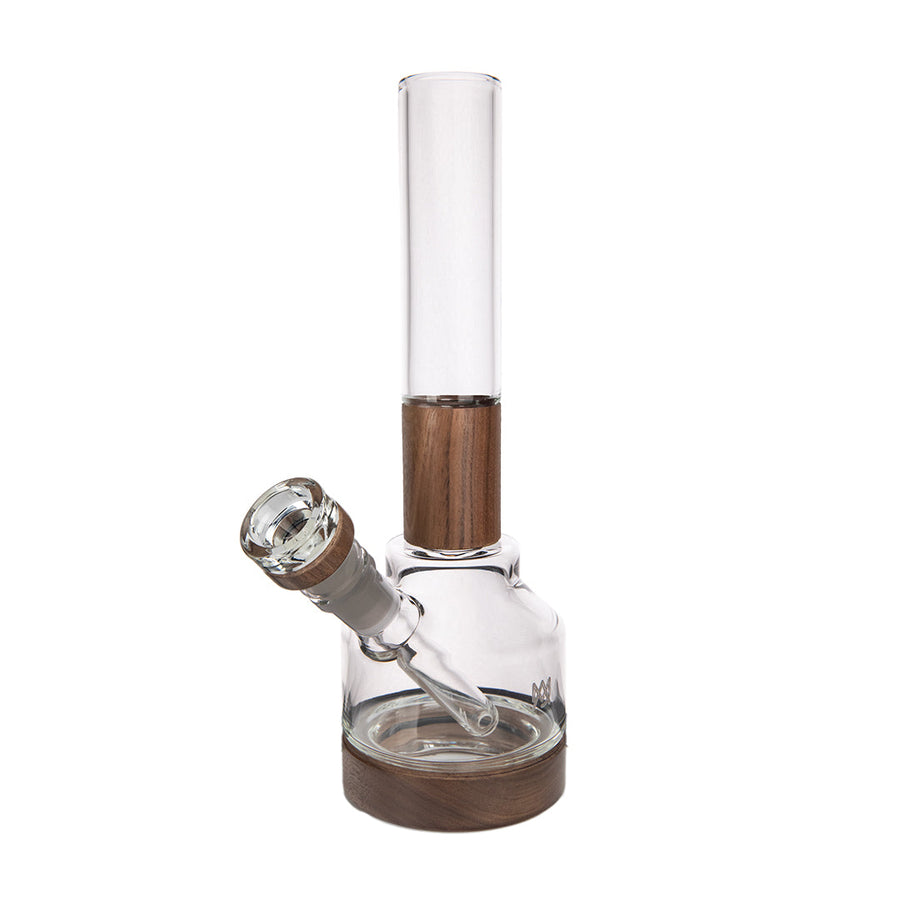
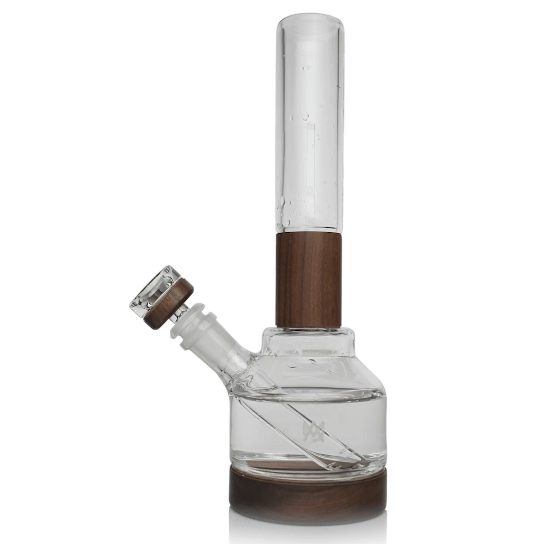
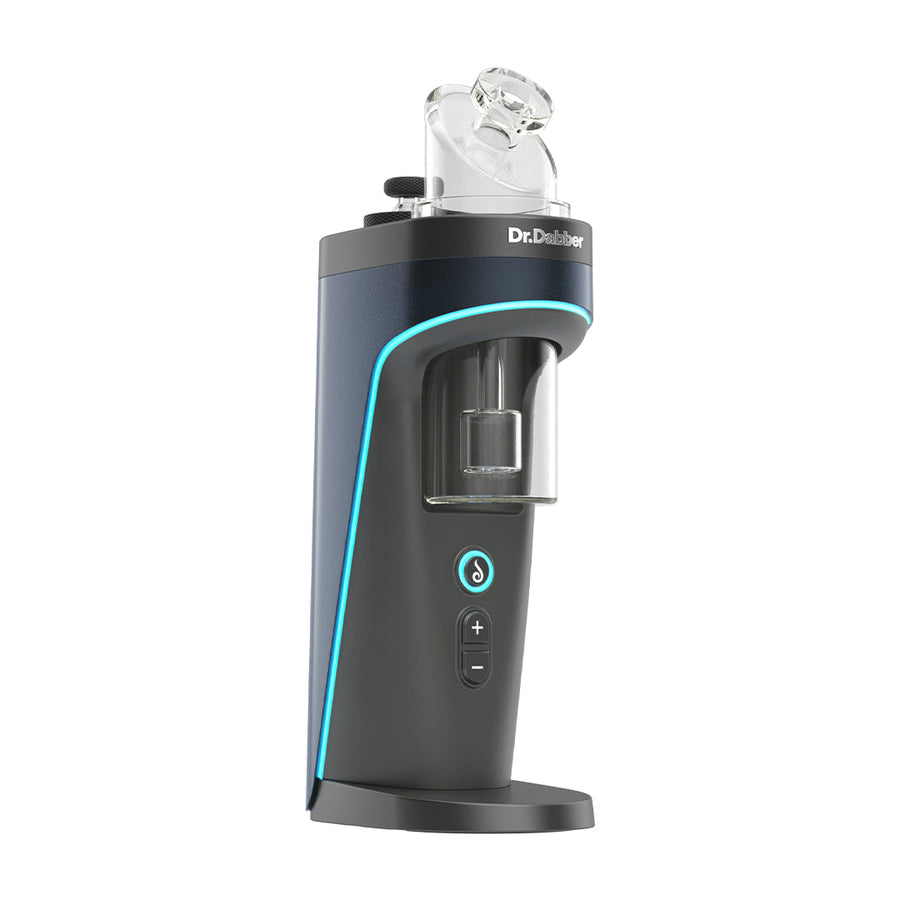
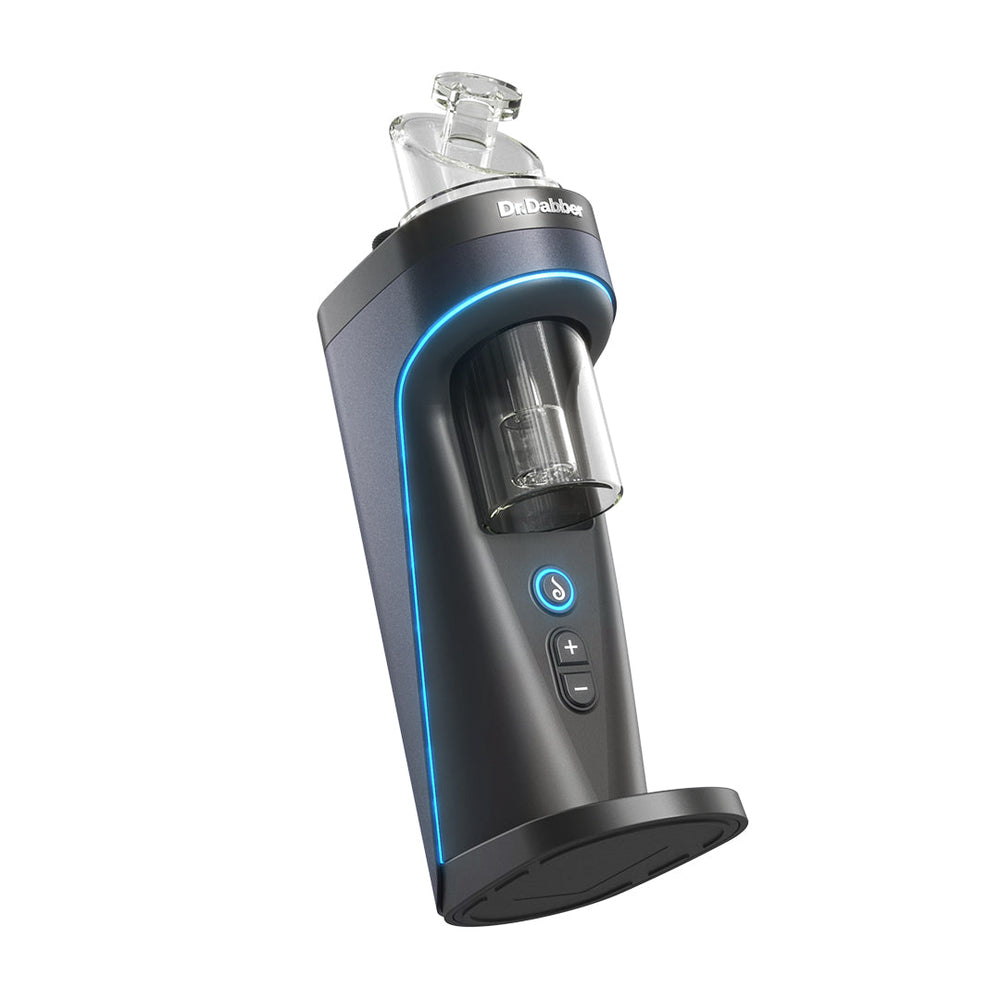
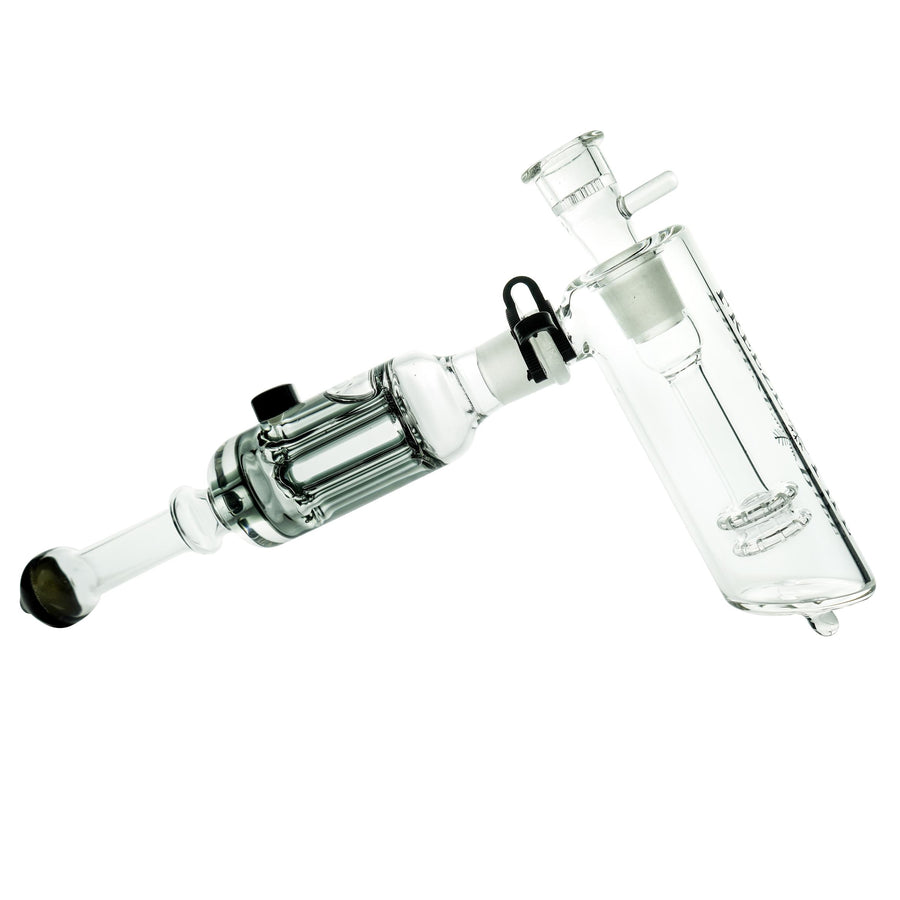
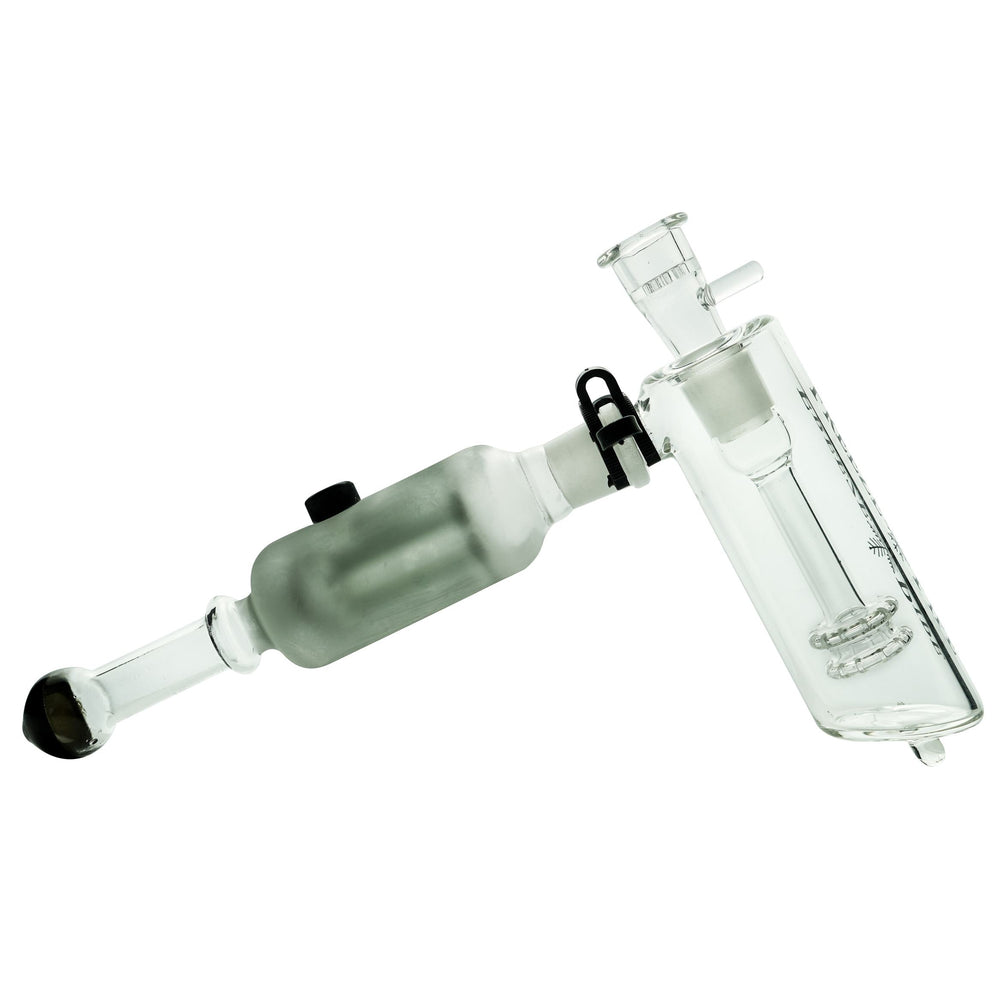
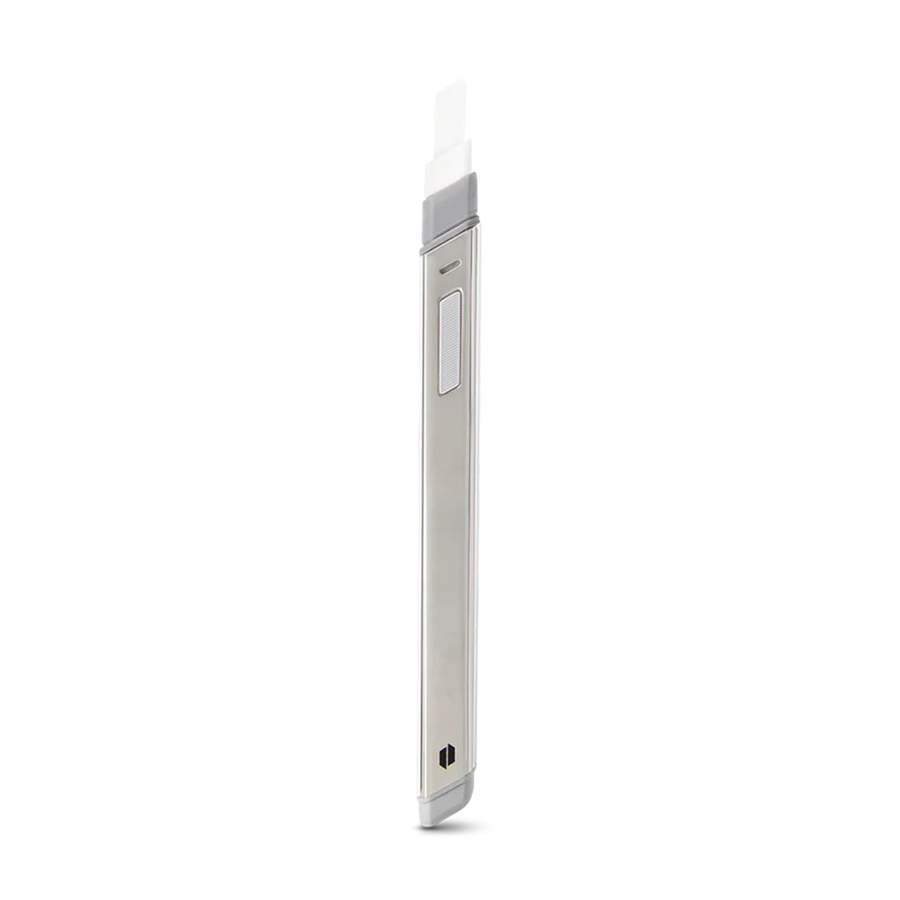
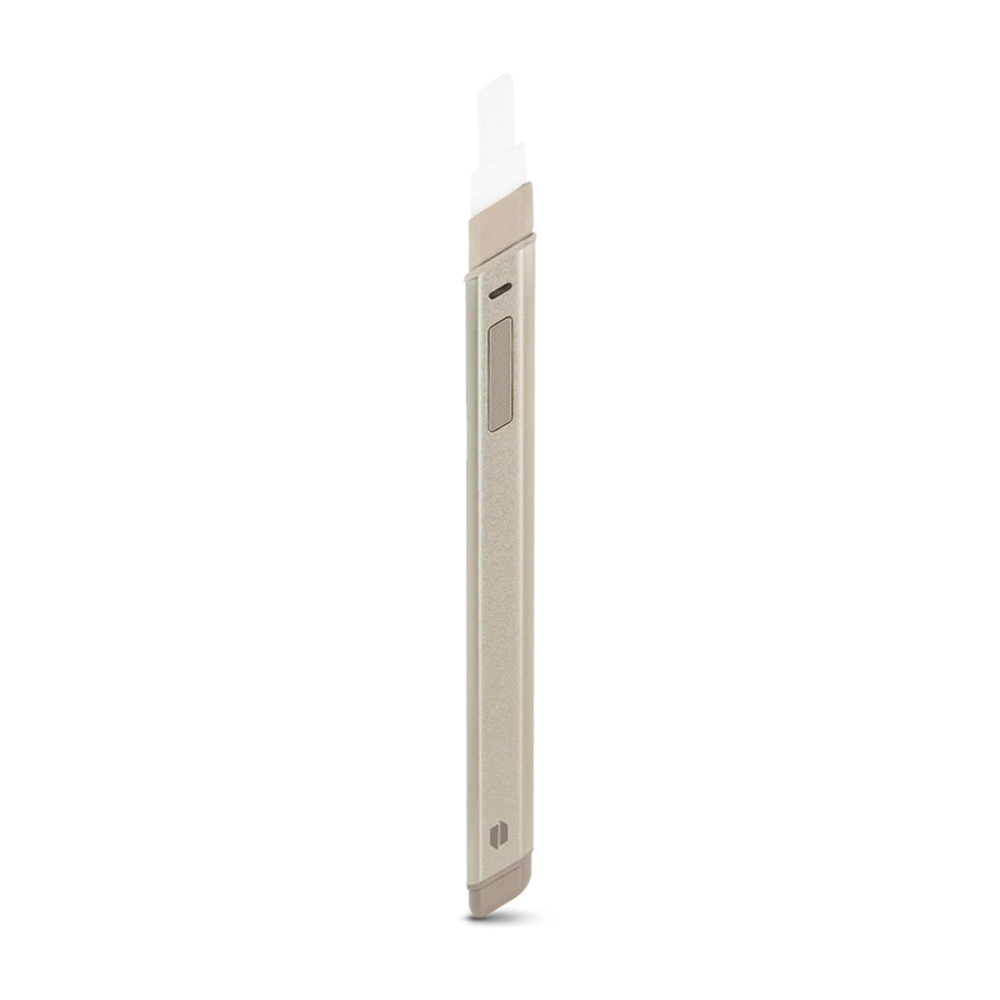
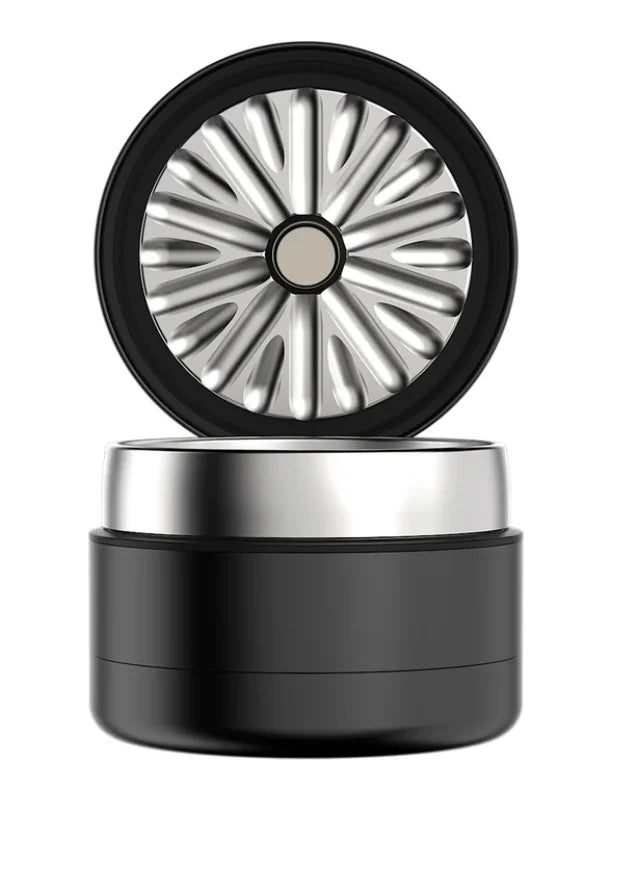
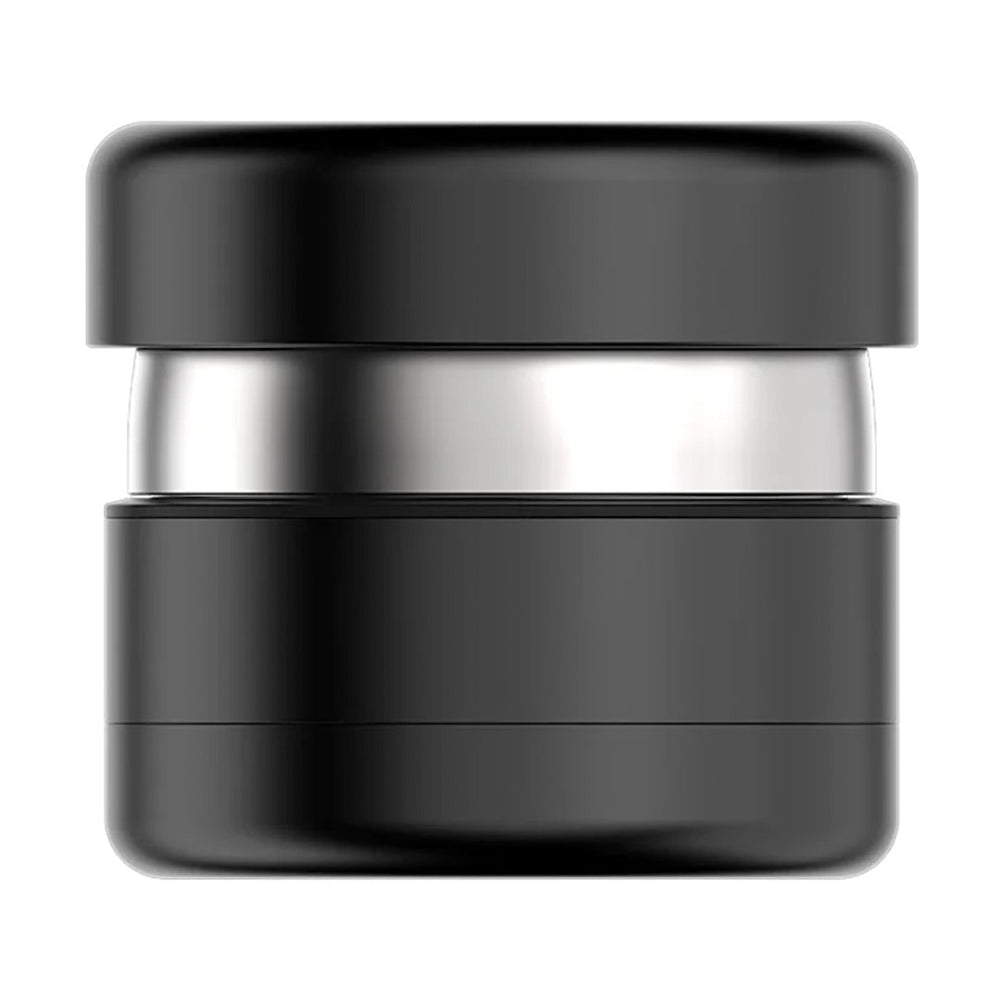
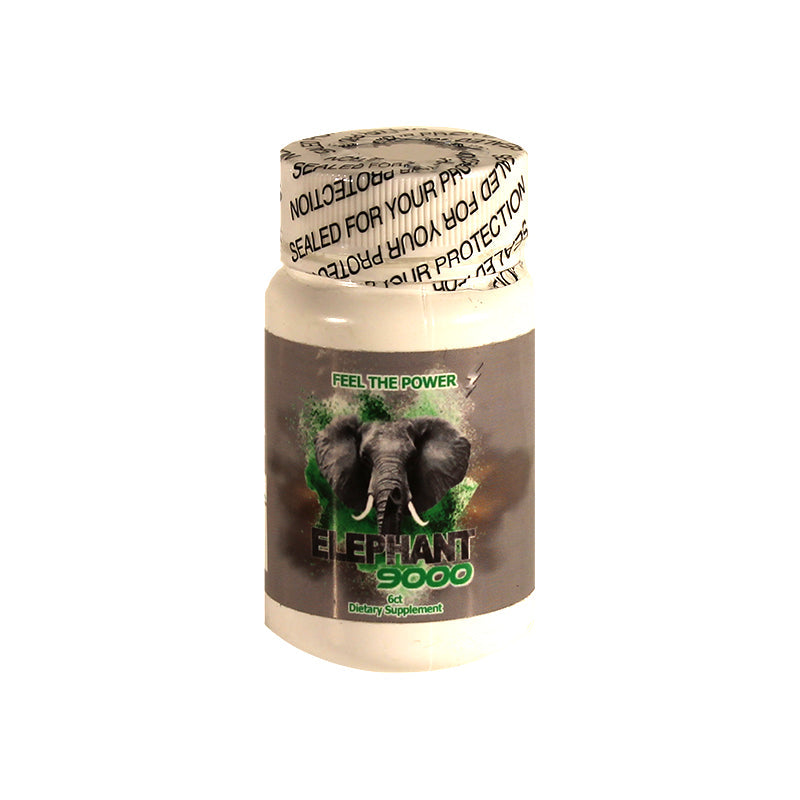
![Vessel Compass Rise [Obsidian] Vessel Compass Rise [Obsidian]](http://www.headshop.com/cdn/shop/files/631009c0-e68c-4238-9a63-73f14dd1117f.jpg?v=1717545548&width=600)
![Vessel Compass Rise [Obsidian] - Headshop.com](http://www.headshop.com/cdn/shop/files/631009c0-e68c-4238-9a63-73f14dd1117f.jpg?v=1717545548&width=900)
![Vessel Compass Rise [Obsidian] - Headshop.com](http://www.headshop.com/cdn/shop/files/a12c8ff4-4bee-4dc9-b697-542f6130e46e.jpg?v=1717609092&width=1000)
